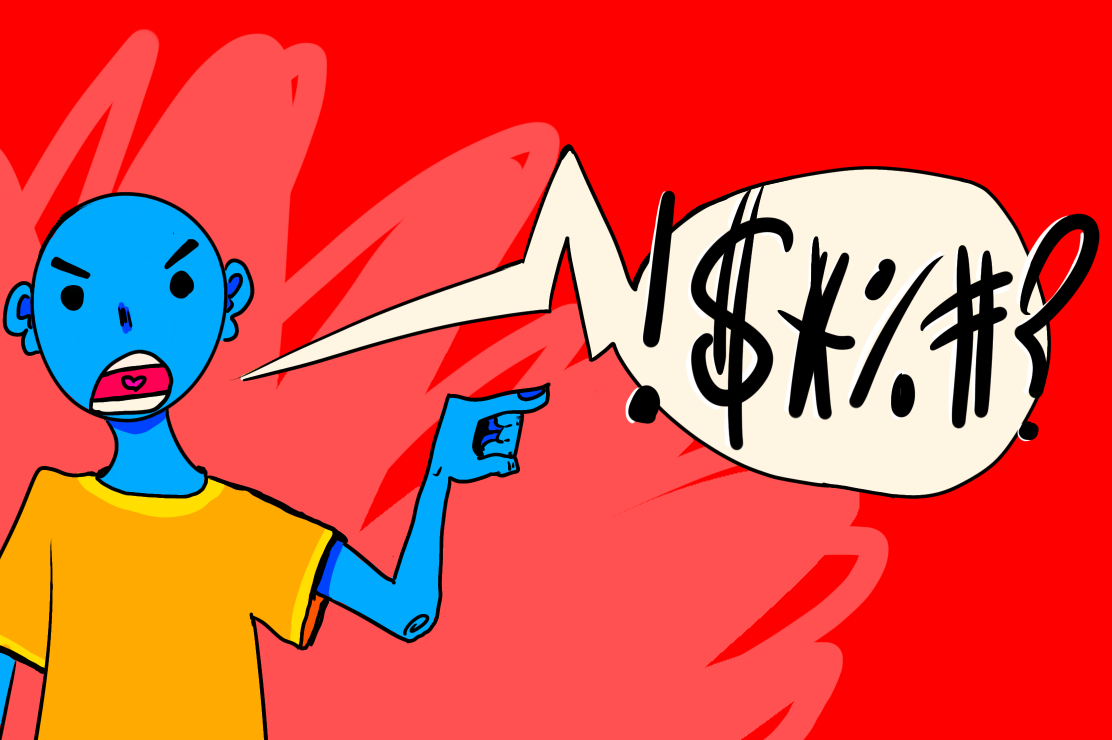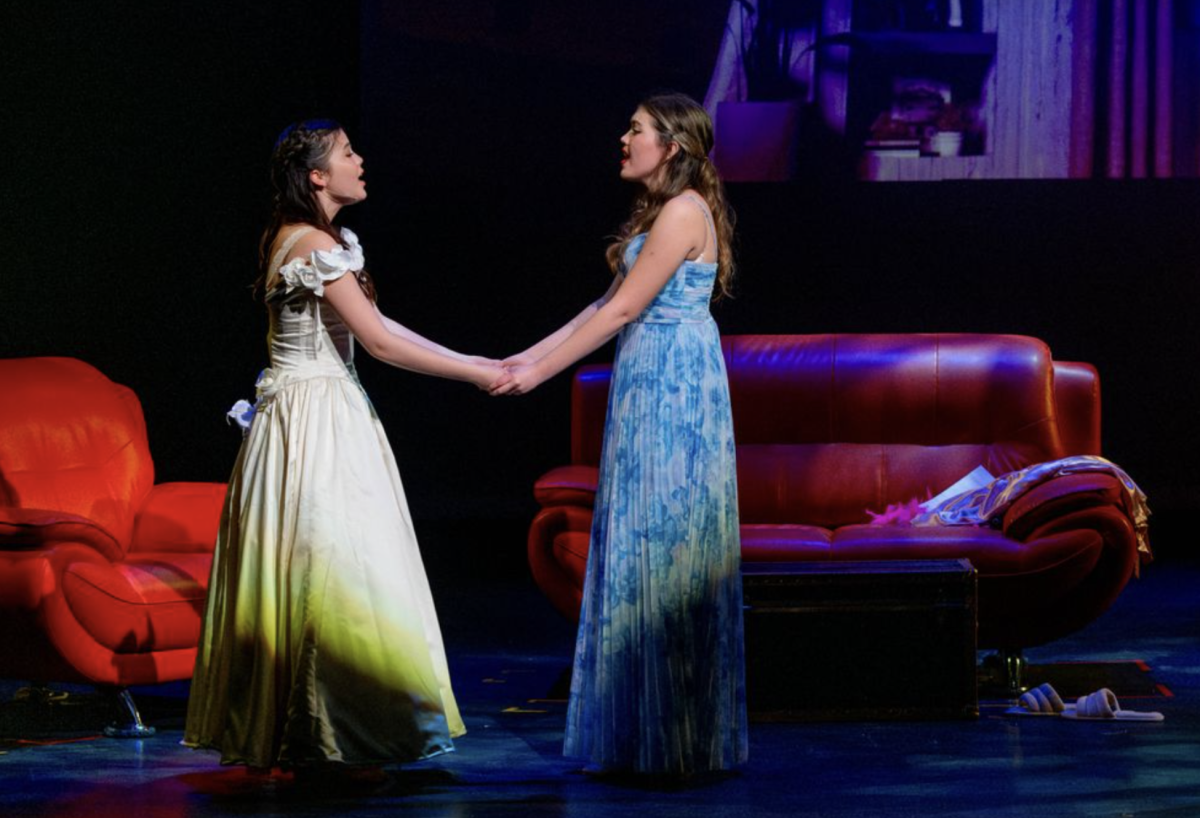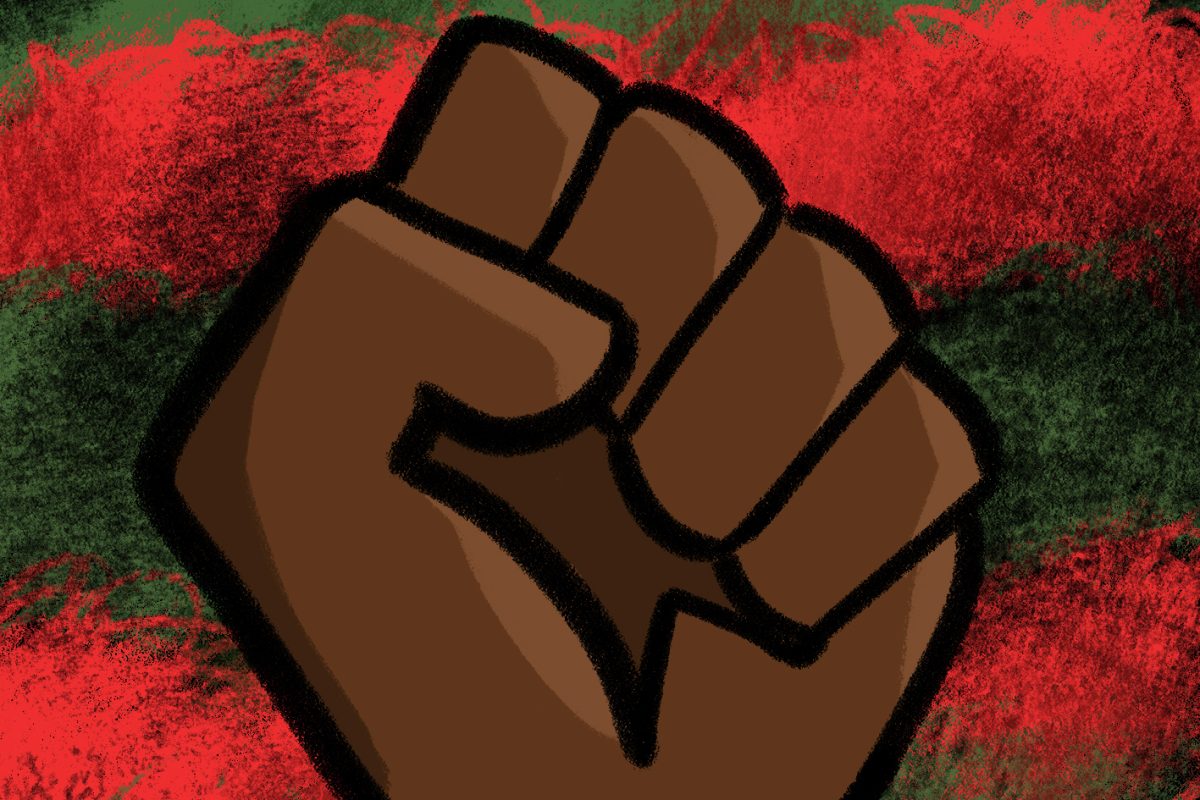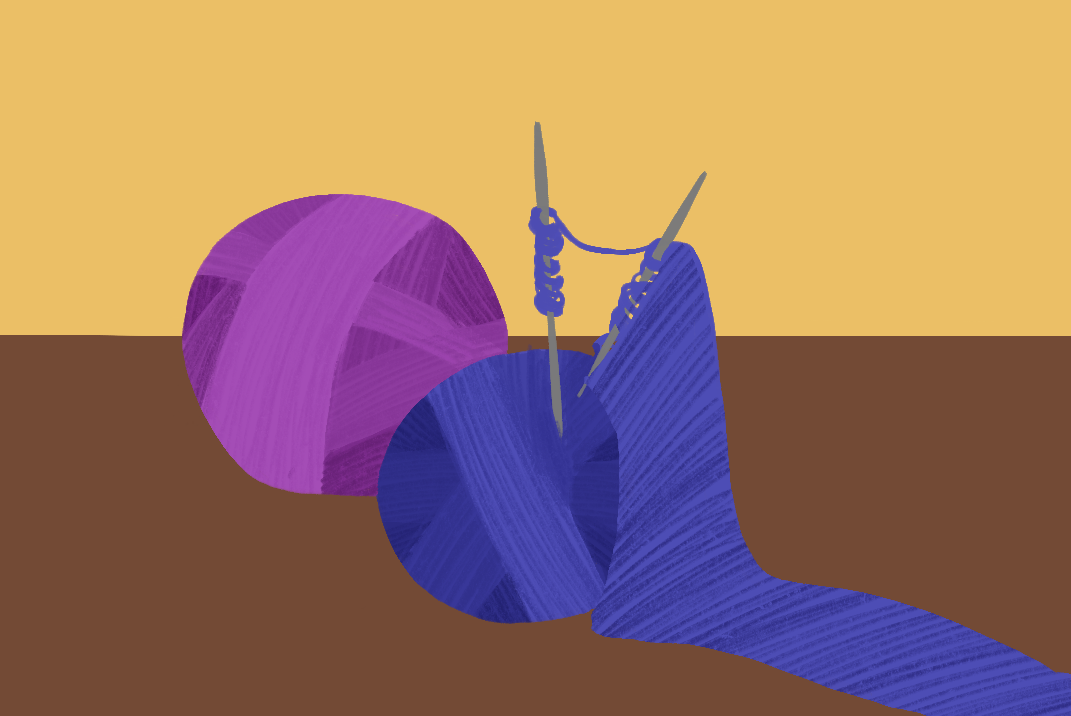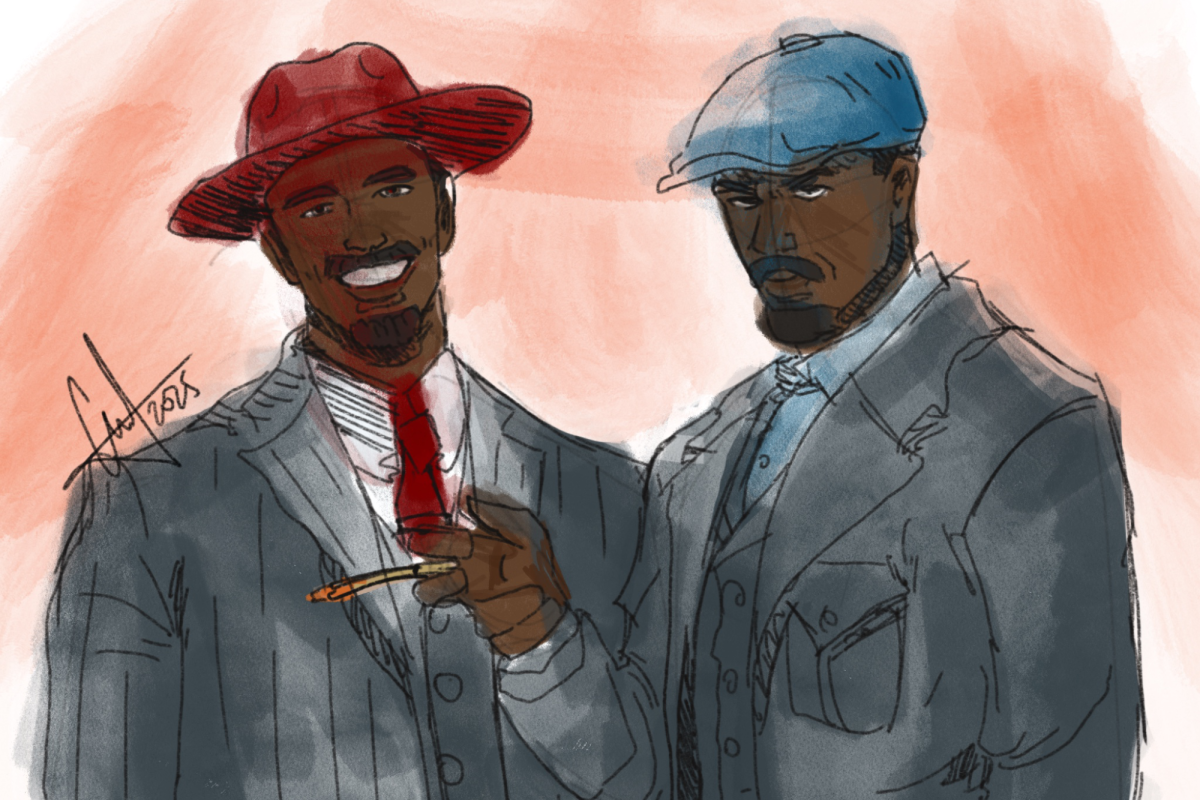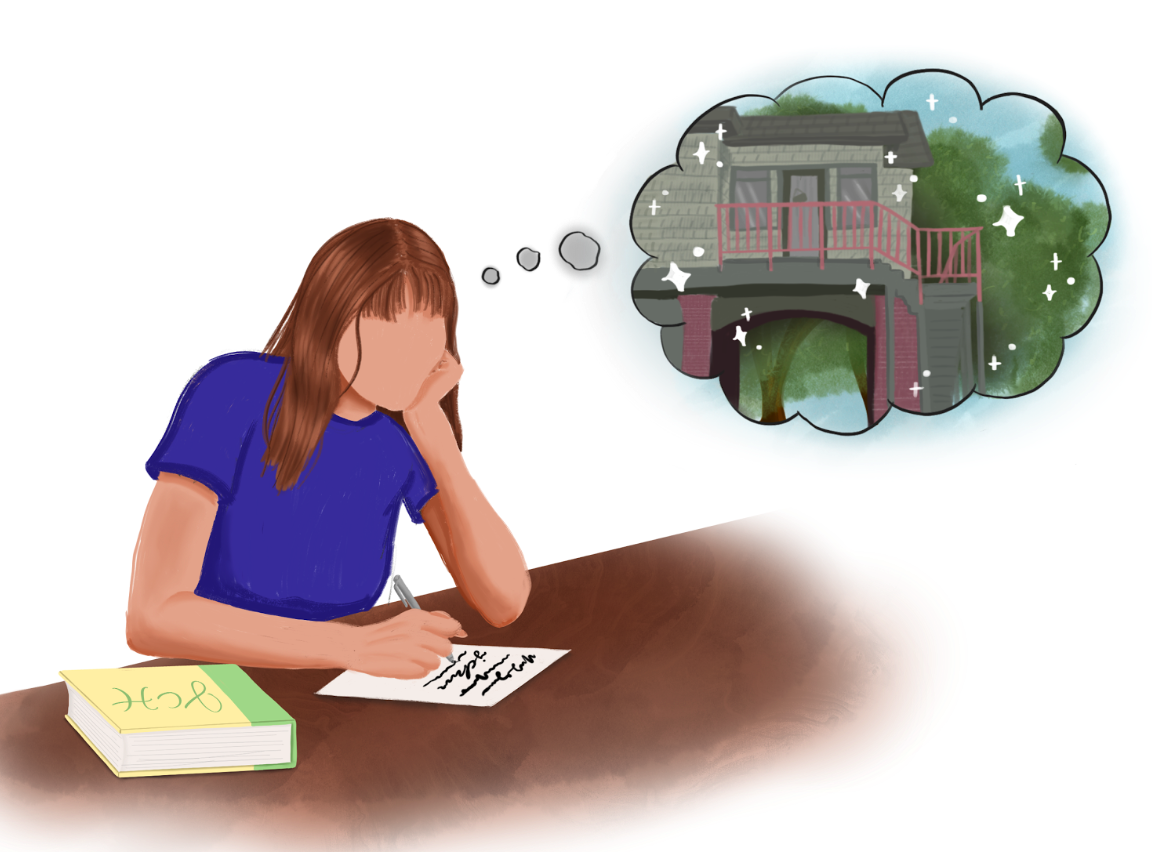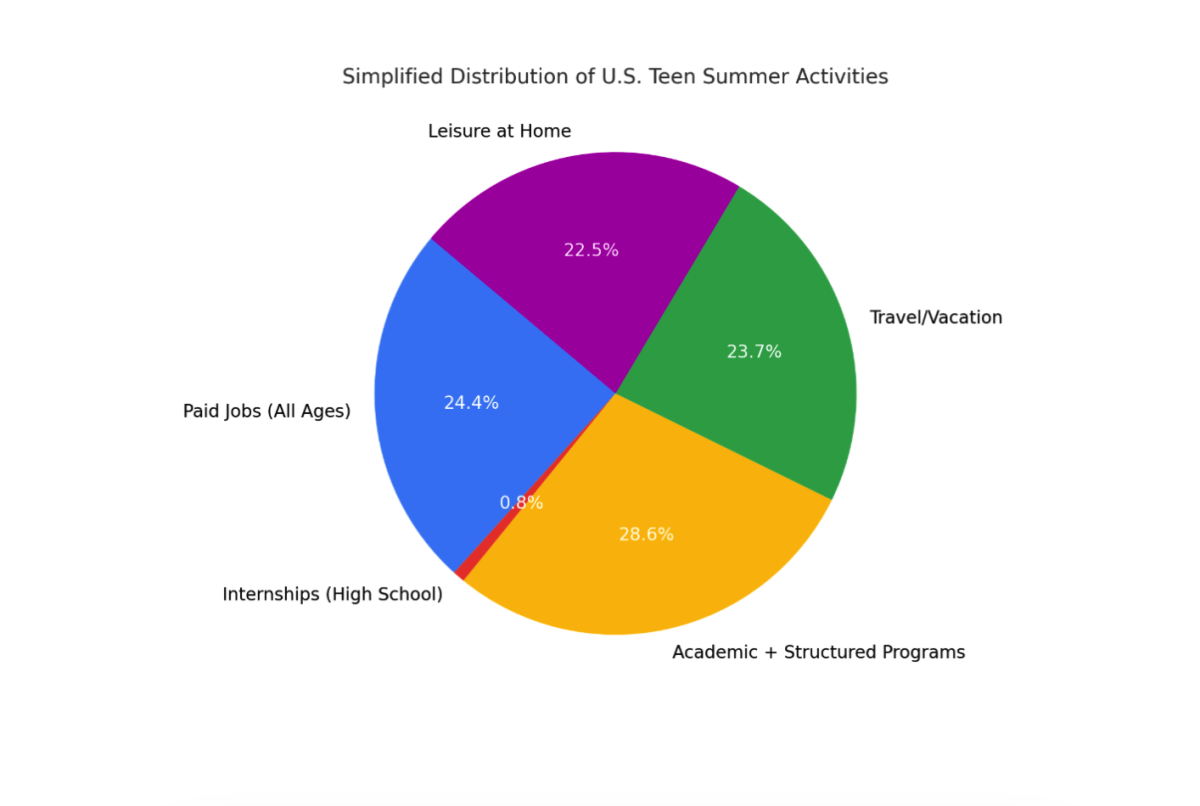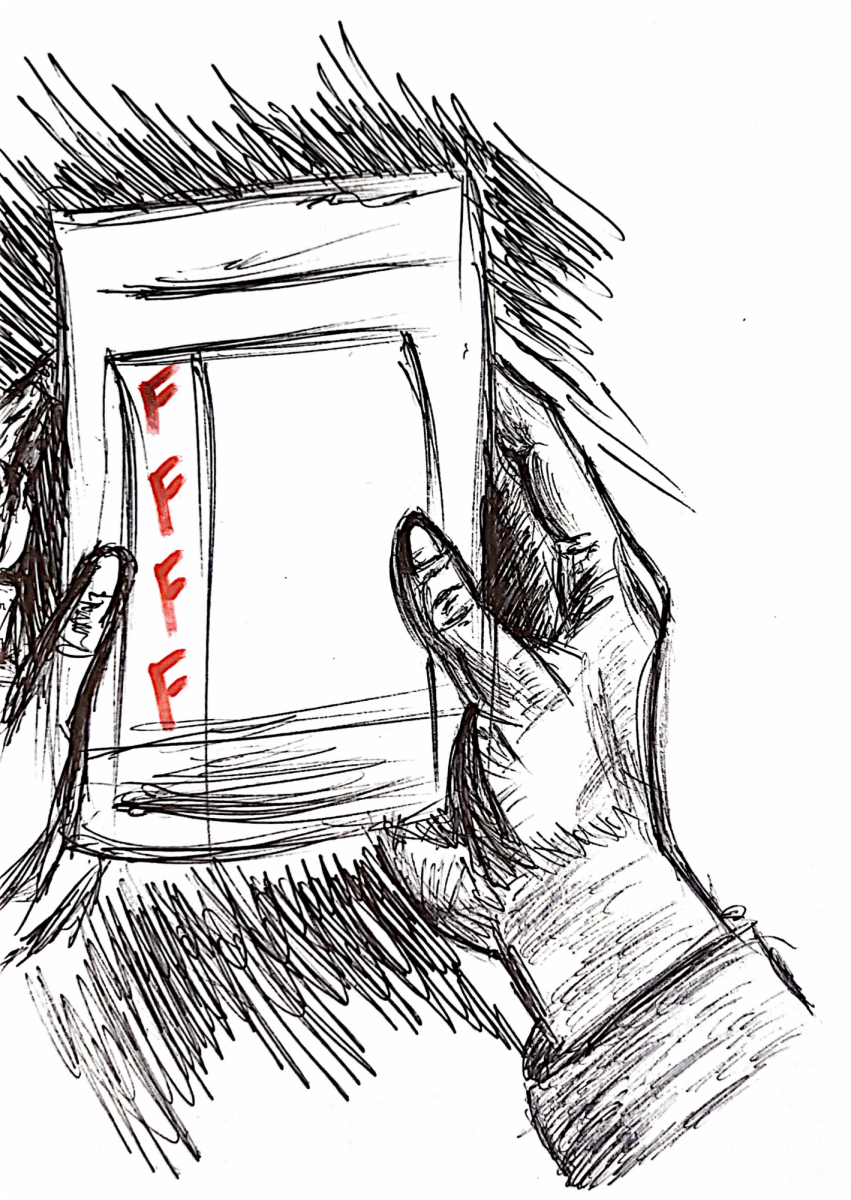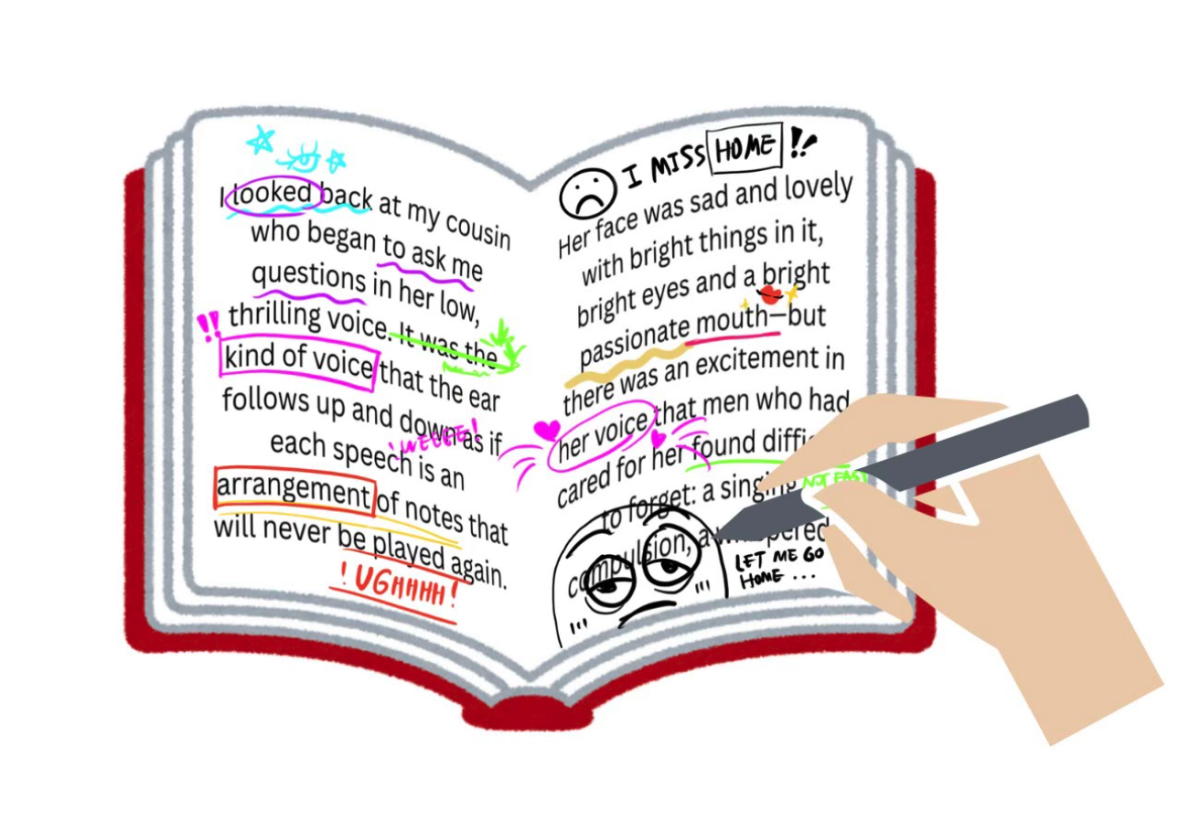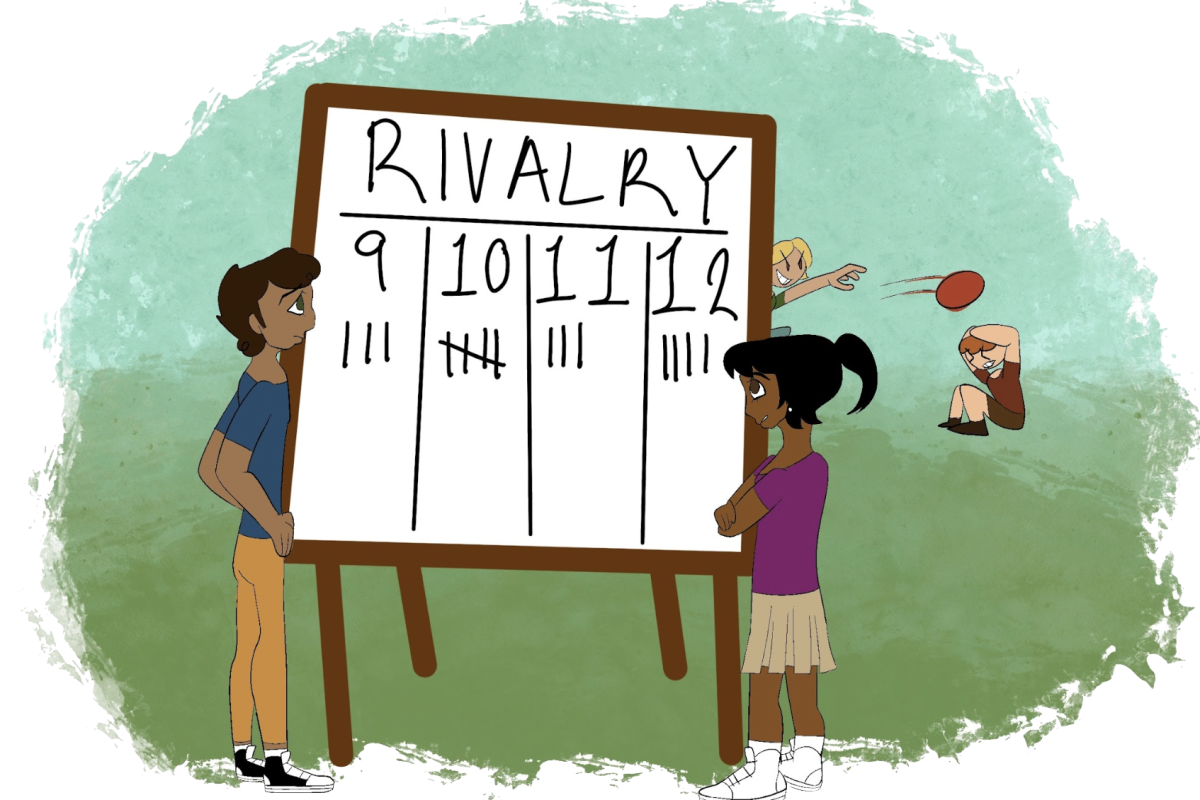When escaping our often grim and troubling reality, many of us turn to works of literature, television shows, movies and other outlets of entertainment. In these fictional landscapes, we discover solace in the clever exchanges of beloved TV characters, the eloquent prose of a talented author and, above all else, the joy of recognizing similarities between our lives and those of fictional characters.
Relating to a protagonist’s traumatic experience or sharing certain characteristics allows us to project our own insecurities and shortcomings onto them. In an essay entitled “Not Here to Make Friends,” writer Roxane Gay contends that multifaceted and flawed characters are preferable to the cookie-cutter, one-dimensional hero archetype. I myself endorse Gay’s perspective, finding that fictional characters traditionally deemed unlikable closely mirror our authentic selves and are more conducive to nuanced stories.
But first, what is an unlikable character? We loosely throw around the term to denote an individual with unfavorable or questionable attributes. The true essence of unlikability, however, aligns more closely with the complexities inherent in human nature. While lighthearted, seemingly infallible characters can offer us comfort and entertainment in our darker moments even if their one-dimensionality rarely adds depth or intricacy to the plot. On the other hand, anti-heroes — characters who might not be the most agreeable but carry endearing qualities — tend to strike a deeper chord with audiences.
For an unlikeable character to enhance a novel, the author need not feel compelled to condemn or rationalize their actions. Illustrated by Holden Caulfield in J.D. Salinger’s The Catcher in the Rye, this approach allows for a more compelling exploration of genuine human nature, which is not always easily explicable.
Holden is a difficult, cynical and at times insensitive character, yet he remains one of the most memorable and iconic figures in modern literature. Salinger presents Holden without judgment, leaving it up to the reader to decide how they feel about his actions and attitudes. This approach adds depth and nuance to the story, as it allows the reader to explore the complexities of human behavior and emotions in a way that is more true to life. Through Holden, Salinger invites us to consider the complexities of adolescence, the pain of loss and the struggles of finding one’s place in the world.
Finally, the benefits of including unlikable characters in literature go beyond manufacturing a captivating plot. Our society often pejoratively labels and alienates individuals who are different from the majority. However, literature offers an opportunity to challenge these societal prejudices and encourage empathy, compassion and inclusivity. Through the portrayal of complex, flawed and multi-dimensional characters, authors give readers a new lens through which to view the world and understand people who may be different from themselves, ultimately allowing for a deeper exploration of humanity.
Evidently, the labeling of a fictional character as unlikable need not reflect poorly on a book or deter a prospective reader. Instead, storytelling benefits greatly with the added humanity and realism that comes out of a protagonist being “unlikable,” and allows us, the reader, to reflect on our own impaired behavior to a point where it may even feel uncomfortable. Masking a character’s imperfections simply doesn’t provide an equal level of intellectual stimulation as when we are forced to give thought to their fallibility and, in turn, our own.

